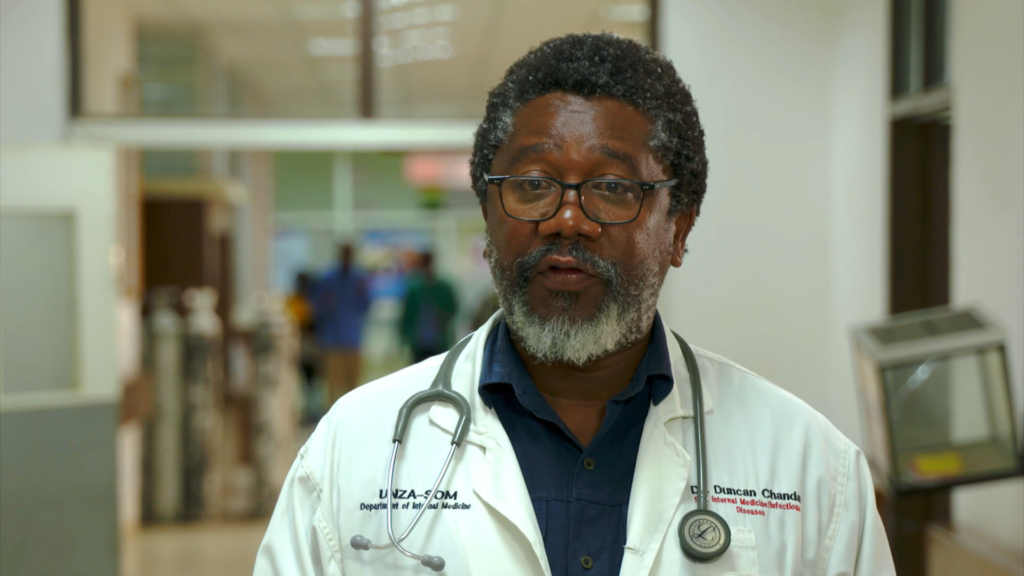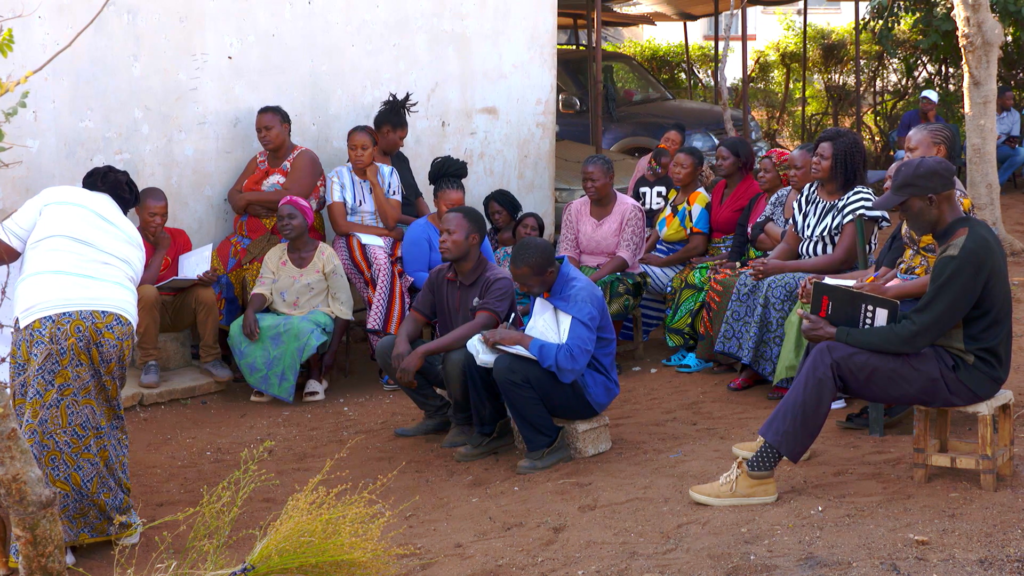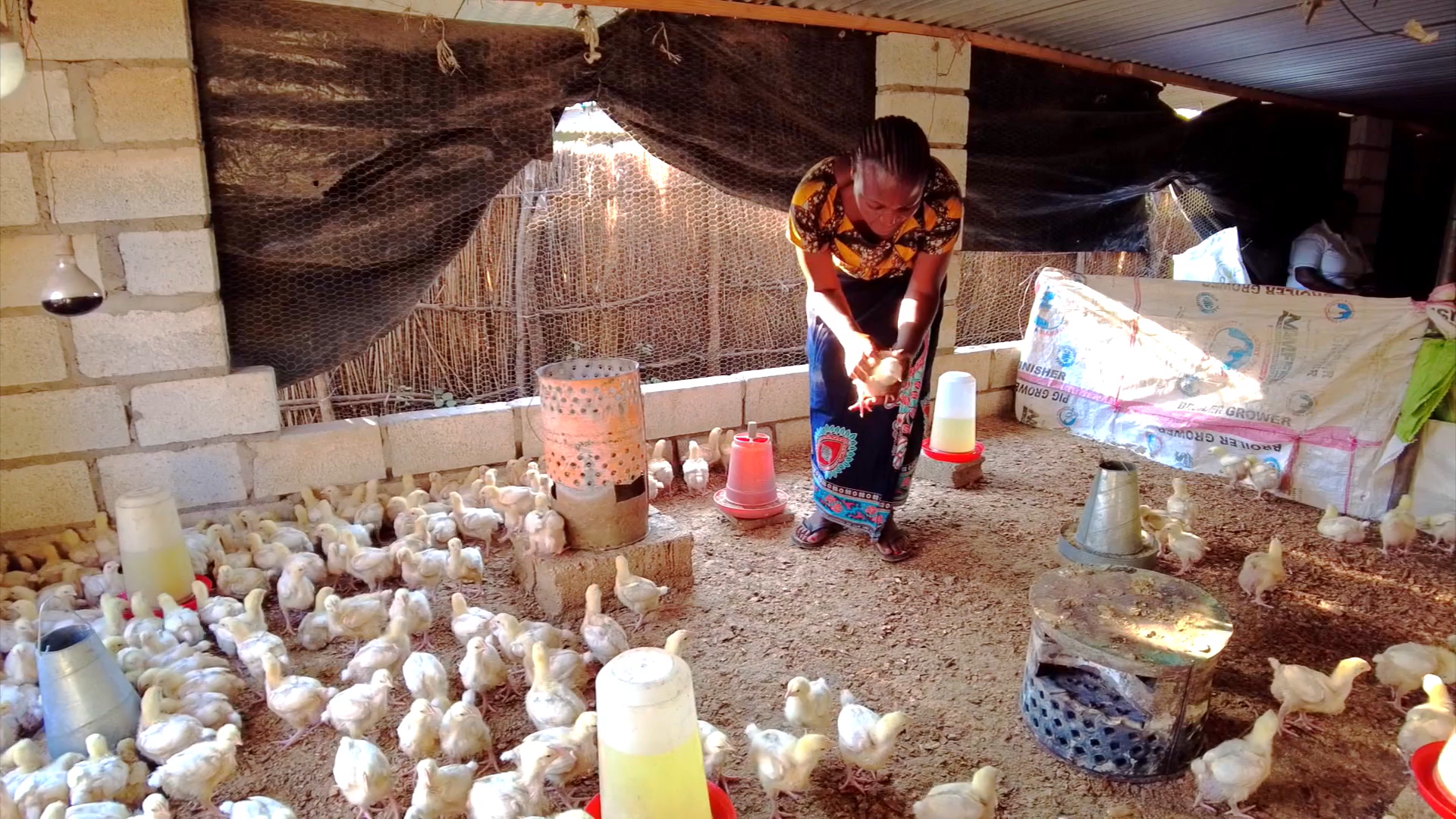Defending our Health: Unravelling Antimicrobial Resistance launched on the eve of the United Nations General Assembly High-Level Meeting on Antimicrobial Resistance (AMR). The programme explores the urgent threat of AMR and highlights the pioneering efforts of organisations to address it.
ICARS’ part in the programme emphasises the need for co-developing tailored solutions with Low- and Middle-Income Countries and showcases some of our projects currently being implemented to mitigate AMR. With a focus on Zambia, the ICARS film sets up the national AMR context, outlines the ICARS model and interviews individuals engaged in ICARS’ solutions.
Speaking from the Zambian hospital where he works, Dr Duncan Chanda, Medical Director at the Institute for Medical Research and Training introduces the AMR issue in healthcare settings by saying:
“It wasn’t unusual to find a patient on three antibiotics when they needed one. That’s a cost first to the hospital, but also puts the patient at unnecessary risk as well.”
But, following the introduction of an antimicrobial stewardship (AMS) programme, behaviours began to change:
“we have seen a significant reduction, largely I think due to awareness that not every patient needs an antibiotic, and also, the use of laboratory information.”

The AMS programme was introduced as part of an ICARS project which seeks to optimise the use of antimicrobials for treating bloodstream infections and urinary tract infections in various health sector settings in Zambia. This project was co-developed using ICARS unique model which Dr Sujith J. Chandy, ICARS’ Executive Director describes in the programme:
“At ICARS we partner with LMICs, collaborating with ministries, research institutions and communities, to create context-specific, cost-effective solutions to tackle AMR in human, animal, environmental and agri-food sectors. We generate much needed evidence, in real-life settings and we are confident that these solutions will be sustainable and scalable and help in implementing National Action Plans.”
ICARS’ solutions in Zambia extend from the hospitals to the farms. Prisca Njovu, a Zambian poultry farmer, reflects on what she has learnt from attending the farm school:
“I have learnt how to take care of the animals better, we should not always be using antibiotics or boosters, but we are encouraged to use natural ways.”
The farmer field school Prisca attends is one of eight schools set up across two Zambian provinces, as part of an ICARS project working to reduce antimicrobial use in broilers. The project lead, Dr Ntombi Mudenda, explains the goals of the intervention:
“We hope that we will have the farmers using less antibiotics, farmers using them only when it is absolutely necessary, farmers observing what we call the withdrawal period, so that when the chickens get on the market, they don’t have any antibiotics in their system.”

ICARS’ film is part of a broader programme, produced by ITN Business, which features content from Biomerieux, Ineos Oxford Institute, Menarini, Pharmafilter, ReAct, Shionogi, as well as interviews with Professor Dame Sally Davies, and representatives from AMR Industry Alliance, Antibiotics Research UK and the British Society for Antimicrobial Chemotherapy.

